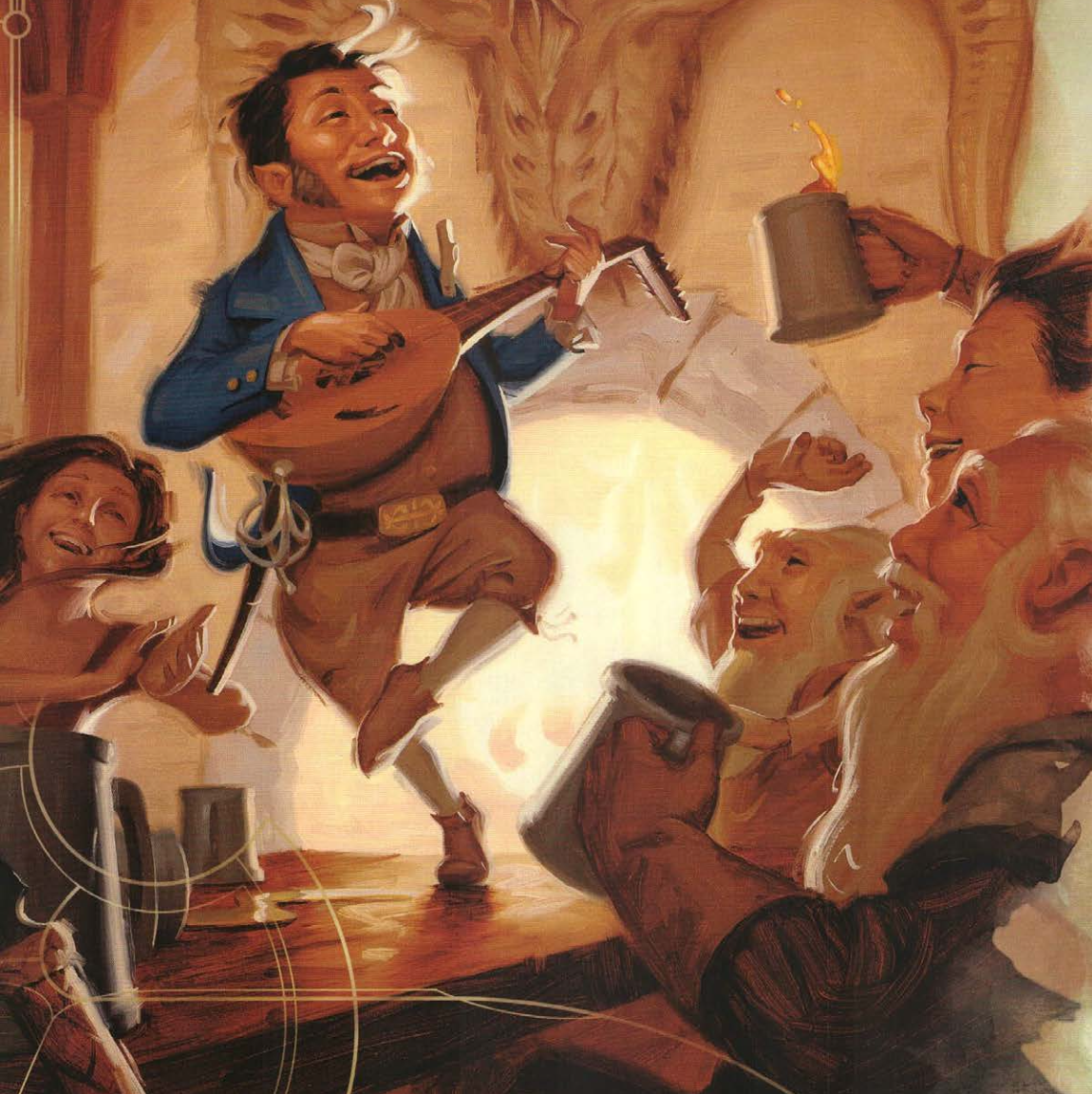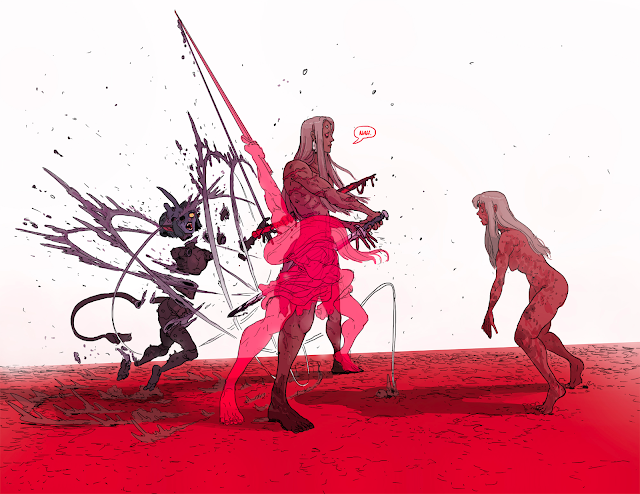The worst part about 5e

Besides the semi-immortality of PCs , that is. I bet you're dying to know. The answer is its pluralities of disassociated choices and disassociated designs. Short and sweet, this could be my shortest blog entry for a long while. Who knew blogging was this easy? Let's just party instead. Alright alright, I'll go into some detail to explain what I mean. Others have gone into more detail about disassociated mechanics . Briefly a a disassociated mechanic is a mechanic that does not refer to an event being resolved in the fiction. "I cast Charm Person " is an example of an associated mechanic. You take an action in the game world and something happens in the rule mechanics (a save vs spells) that then affects the outcome in the fiction too. Most infamous of disassociated mechanics is Trip attacking oozes in 4e , where the action of "tripping someone" in the fiction is wholly secondary to the mechanic initiation and outcome. But 4e has of course often been de...










